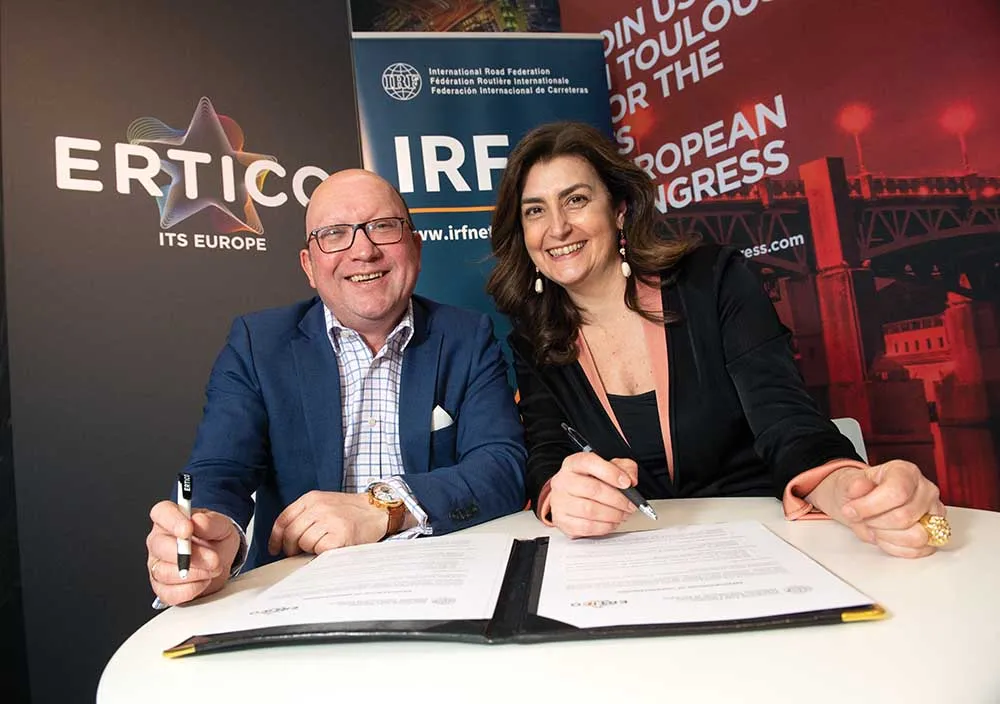
The Roads and Transport Authority (RTA) in Dubai, United Arab Emirates, signed an agreement with cloud specialist Amazon Web Services (AWS) to support RTA's transition to cloud computing.
The transport agency calls this part of a "qualitative shift towards an advanced digital future", which also includes using artificial intelligence to "enhance innovation and improve the user experience" in Dubai.
A statement from the two also suggests they will exchange knowledge and best practice in areas such as application programming, data solutions, augmented reality, virtual reality and the Internet of Things.
Mohammed Al Mudharreb, CEO of RTA's Corporate Technology Support Services Sector, says: "This agreement aligns with RTA's objective to enhance its leading position and adopt the latest technological innovations."
Wojciech Bajda, director of AWS public sector in the Middle East and Africa, adds: "This cooperation with the RTA in Dubai represents an important step towards enhancing digital transformation in the region."










